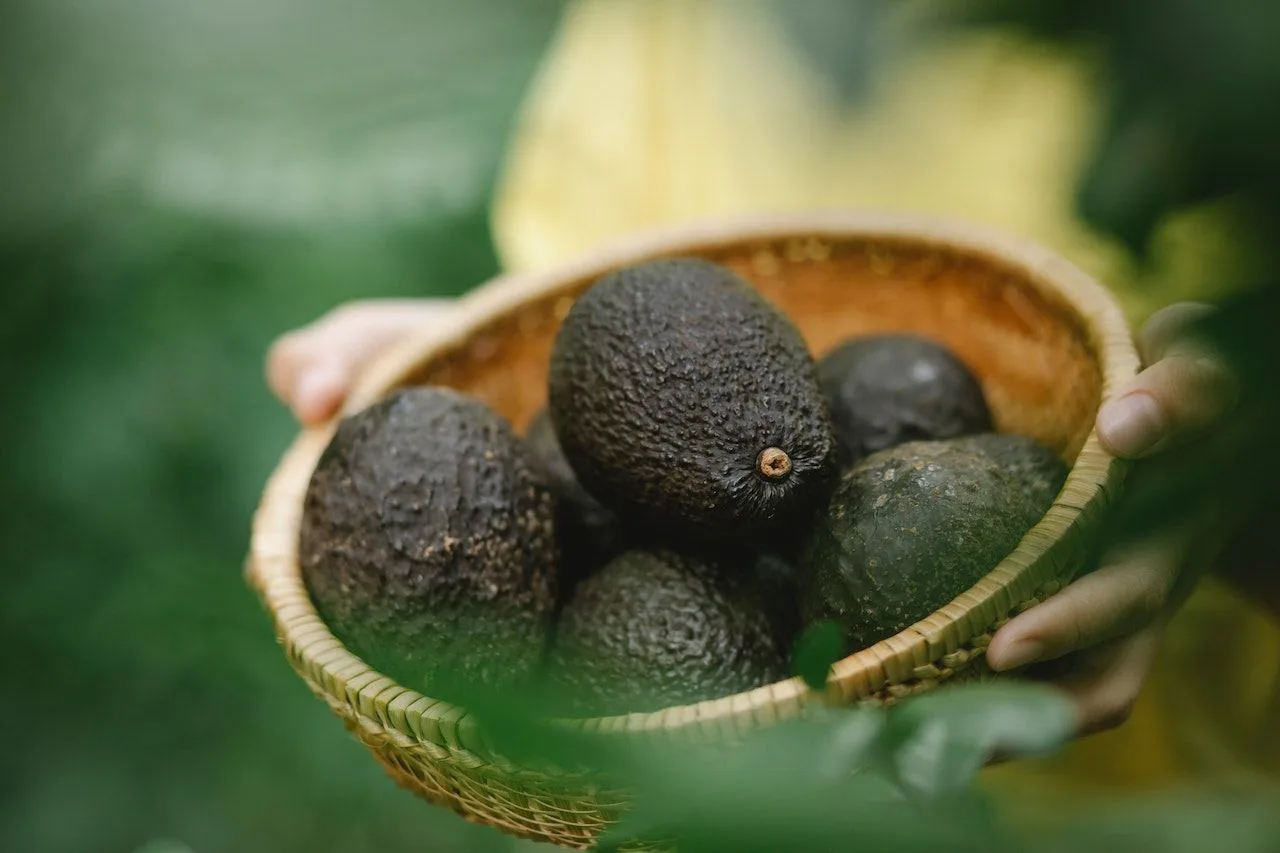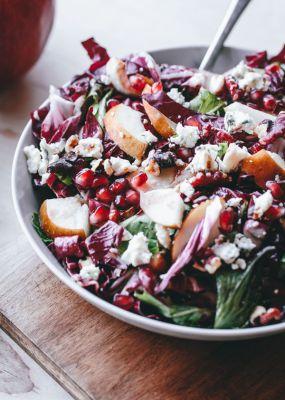Over 400 million people are currently living with diabetes. As it’s one of the leading causes of death worldwide, it’s imperative to take precautions to reduce one’s risk, and researchers have noted that dietary habits can play a significant role in this regard. As for what to include in your diet, a recent study has found that adding more avocados to your plate may do the trick, especially if you’re a woman.
Avocados and Diabetes: What’s The Link?
For the study, a group of researchers analyzed the data of Mexican adults aged 20 and older courtesy of the Mexican National Survey of Health and Nutrition (ENSANUT), during 2012, 2016, and 2018.
After excluding certain individuals, the final sample featured 25,640 participants, of which approximately 59% were female, and over 60% had abdominal obesity. The survey assessed dietary information based on participants’ answers to questionnaires focused on their avocado consumption habits. The standard avocado serving is about 50g a day, and the men were noted to consume 34.7g of avocados a day and the women consumed 29.8g a day on average.
In addition to their avocado habits, the participants also self-reported their diabetes diagnosis, as well as demographic and cardiometabolic risk factors like age, sex, socioeconomic level, education, body mass index (BMI), lifestyle habits, and pre-existing conditions.
Eating Avos Protects Against Diabetes
Per the findings of the study, published in the Journal of the Academy of Nutrition and Dietetics, women who consumed avocados had a 22% and 29% reduced risk of developing diabetes in unadjusted and adjusted models, respectively. Yet, the study noted that avocados’ protective effects were not observed in men.
The reason for this?
The researchers believe that this was due to a study featuring a higher percentage of male smokers compared to female smokers,
“Smokers are more likely to develop diabetes because exposure to nicotine can reduce the effectiveness of insulin,” they wrote. They also noted that men are more likely to engage in binge-drinking than women, and this may also contribute to the increased risk for metabolic syndrome and diabetes.
Why Are Avos Good For Diabetes Risk?
Thanks to their rich nutritional profile. Avocados are an amazing superfood, and this may explain their effect on diabetes risk.

All kind of people/Shutterstock
For instance, avocados are rich in fiber and unsaturated fat, both of which help to regulate blood sugar levels,
“As fiber makes its way through the digestive system, it slows down digestion which does two things: it makes us feel fuller for longer and also prevents rapid rises in blood glucose after we eat a meal,” explained Registered dietitian and doctor of public health Wendy Bazilian to Healthline. Bazilian added that, like fiber, fat slows digestion, which can help promote blood sugar management and satiety.
Additionally, both unsaturated fats and fiber help to support cardiovascular health, and a healthy heart can serve to reduce diabetes risk,
“What’s good for the heart is good for diabetes risk, blood sugar, and metabolic function and control,” says Bazilian.
Tasty Avo Recipes
Avocados are a great addition to any diet, so if you’re looking for a tasty spin on the green fruit, then here are two incredible recipes from the South African Avocado Growers Association.
Avo Recipe #1: Potato Salad with Avo-nnaise
Preparation Time: 30 Minutes
Serves: 4 – 6
Ingredients for the avo-nnaise:
- 2 avocados, peeled and chopped
- 50ml avocado oil
- 1 tsp smooth Dijon mustard
- 1 tsp crushed garlic
- 1 lemon, juiced and zest
- Pinch of sea salt
- Freshly ground black pepper
Ingredients for the potato salad:
- 500g peeled new potatoes, cooked and roughly chopped
- 1 large avocado, roughly chopped
- Chopped chives to garnish
- Freshly ground black pepper to garnish
Method:
- To make the avo-nnaise, place all the ingredients in a jug and blend with a stick blender until smooth and pourable. Add a couple of teaspoons cold water, if necessary, to reach a pourable consistency.
- To assemble the salad, combine all the ingredients in a bowl and stir through a couple of tablespoons of avo-nnaise until the potatoes are well coated.
- Spoon the salad into a bowl and garnish with roughly chopped avocado, chopped chives and freshly ground black pepper.
Avo Recipe #2: Avocado, Salmon Trout & Passion fruit Salad Platter
Serves: as many as you need to feed – scale ingredients according to the number of people
Preparation time: 10 – 15 minutes
Ingredients
- 4 avocados, peeled, stoned and sliced
- Smoked trout ribbons
- Smoked salmon trout
- Passion fruit, halved (if unavailable may substitute with pineapple/pomegranate/grapefruit/nectarine)
- Avocado or olive oil, to drizzle
- Salt and freshly ground black pepper, to taste
- Microgreens, to garnish
- Lemon wedges, to serve
Method
- Arrange the avocado slices, salmon, and smoked salmon ribbons on a large platter. Add the passion fruit halves.
- Drizzle with oil, season, and garnish with micro herbs and lemon wedges
Want to know more?
Whether you’re adorning it with sweet or savory toppings, here are 6 reasons eating avos for breakfast can boost your longevity.
References
Cheng, F. W., Rodríguez-Ramírez, S., Shamah-Levy, T., Pérez-Tepayo, S., & Ford, N. A. (2024). Association between avocado consumption and diabetes in Mexican adults: Results from the 2012, 2016, and 2018 Mexican National Health and Nutrition Surveys. Journal of the Academy of Nutrition and Dietetics. https://doi.org/10.1016/j.jand.2024.04.012
https://www.who.int/news-room/fact-sheets/detail/the-top-10-causes-of-death





![women [longevity live]](https://longevitylive.com/wp-content/uploads/2020/01/photo-of-women-walking-down-the-street-1116984-100x100.jpg)









